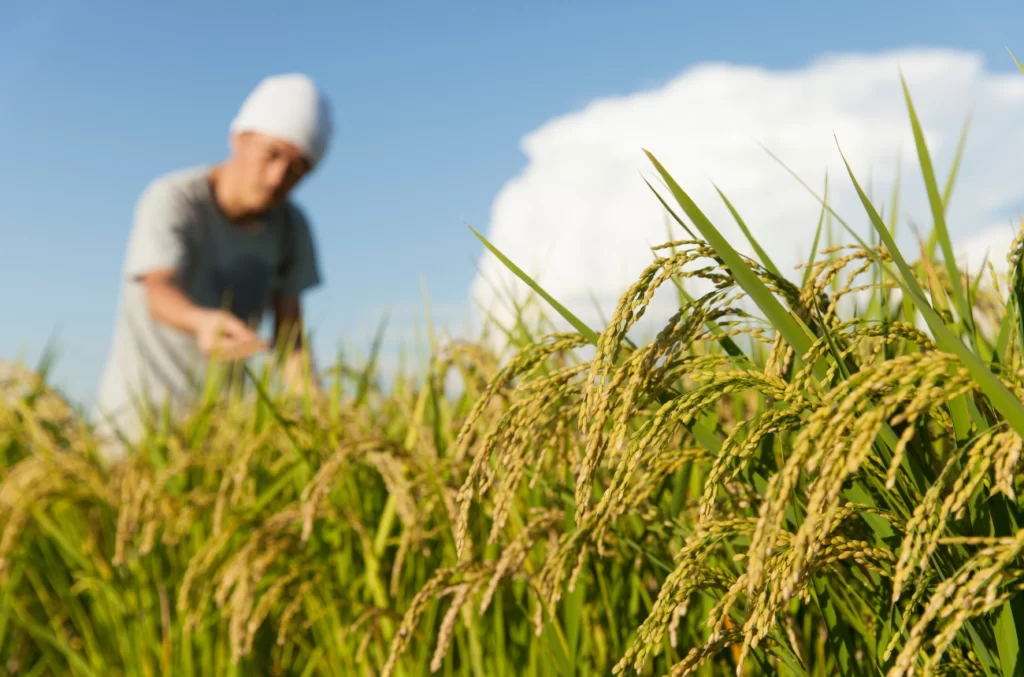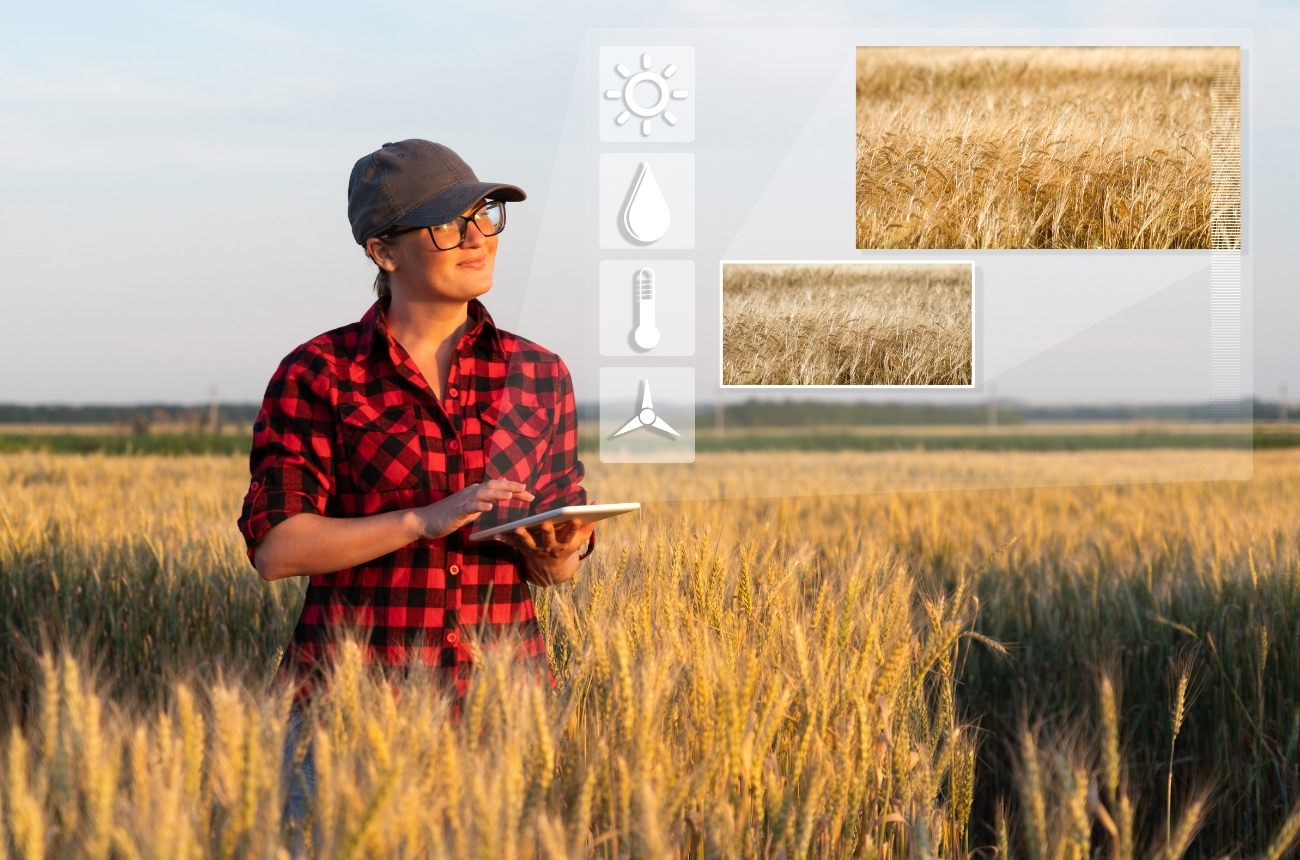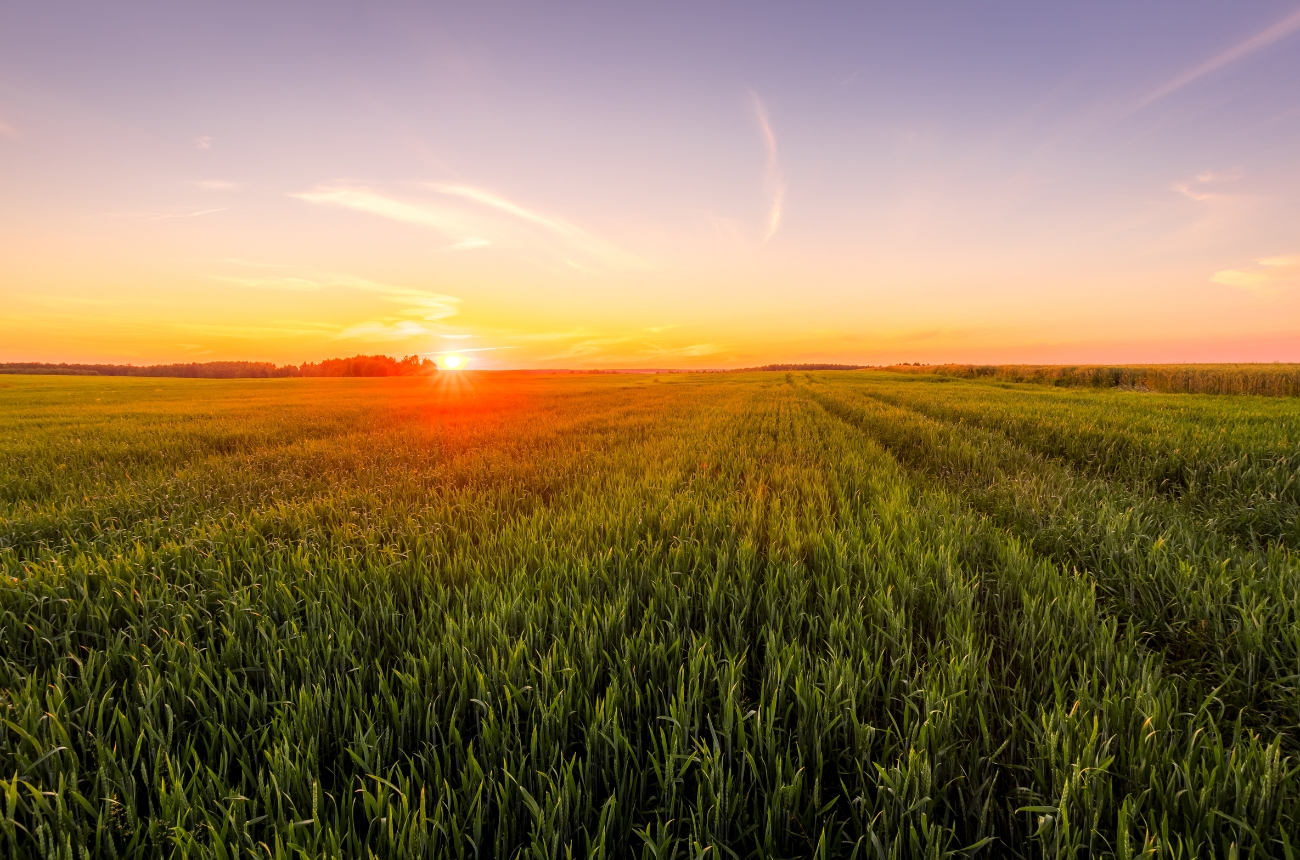Today’s agriculture industry is coping with ever-changing weather conditions while striving to build a sustainable and productive future. Advances in weather forecasting technologies are helping farmers, agribusinesses and industry professionals meet this challenge. In this blog, we will explore how weather forecasting is helping farmers and businesses move more firmly into the future.
Weather forecasts and agriculture: how is the future shaping up?
Weather is one of the main determinants of agricultural activities. However, farmers today have the advantage of optimising their farming practices with the instant and advanced information provided by weather forecasting technologies.
The Immediate Impact of Weather Forecasts on Agricultural Practice
Farmers can better plan their daily agricultural operations with advanced weather forecasts. For example, a farmer who knows in advance about expected heavy rainfall can adjust harvesting processes accordingly to minimise crop losses. Weather forecasts allow them to manage planting, irrigation and other important agricultural steps more effectively.
Travelling to the Future with Innovation and Technology
Weather forecasting plays a key role at a point where the agricultural sector is merging with rapidly evolving technological innovations. Advances in areas such as sensor technology, drone use and big data analytics give farmers access to more precise and detailed weather data. This allows farmers to develop smarter and more efficient practices. For example, measuring soil moisture through sensors or monitoring the land with drones gives farmers the ability to make better decisions.
Adaptation to Climate Change: Strategic Importance of Weather Forecasts
Climate change is a reality that deeply affects the agricultural sector. This change leads to more frequent and severe weather events, sudden temperature changes and rainfall irregularities. This complex situation increases the challenges farmers face in managing their daily operations. However, with robust weather forecasts, farmers can more effectively prepare for future uncertainties.
For example, in the event of an expected storm, farmers can take the necessary measures to protect the crops in their fields. Weather forecasts not only anticipate problems, but also allow farmers to develop various strategies and utilise their resources more effectively.

Integration of Weather Forecasts with Agricultural Technology
Technology integrated with weather forecasting brings about a fundamental change in the agricultural sector. This integration enables the development of automation, data analytics and farmer-friendly applications. By utilising weather forecast information combined with these technological innovations, farmers can make their land more productive, smart and profitable. These solutions brought to the industry by advanced technology offer farmers the opportunity to develop more effective and sustainable practices.
Thanks to data analytics, farmers can better understand the conditions in their fields and use this information in decision-making processes. Farmer-friendly applications, on the other hand, bring the power of technology to a wider audience of farmers and provide easier access to information. This integrated system accelerates the development of agriculture and offers sustainable and innovative solutions to stakeholders in the sector.
Understanding the Role of Weather Forecasts: What to Expect in the Future?
Weather forecasts today not only provide daily weather information, but also have a strategic importance in various sectors. In this context, understanding the role of weather forecasts is of great importance to assess their future impact. With the advancement of technology, weather forecasting systems are becoming increasingly sophisticated, enabling more precise and reliable forecasts.
In the future, the role of weather forecasts is likely to expand even further. The use of weather forecasts will increase in areas such as combating climate change, optimising agriculture and planning energy production. In addition, weather forecasts will be used more effectively in minimising the effects of natural disasters and emergency management. In this context, the future evolution of weather forecasts will enable the emergence of more sustainable and better planned applications in many sectors.




